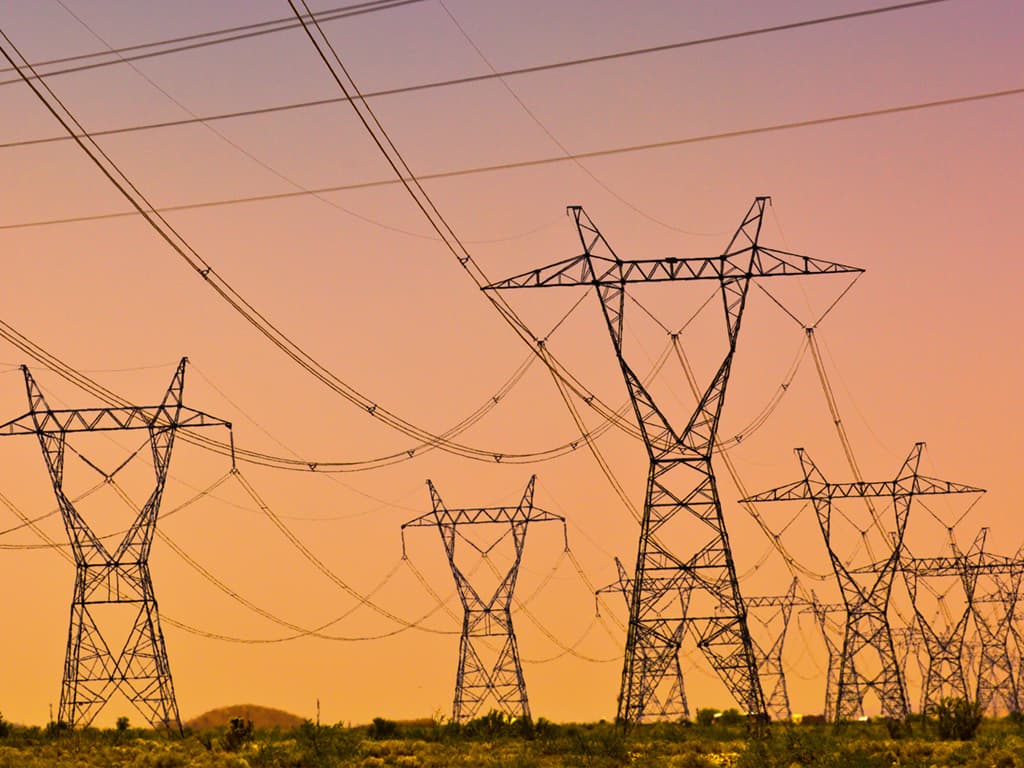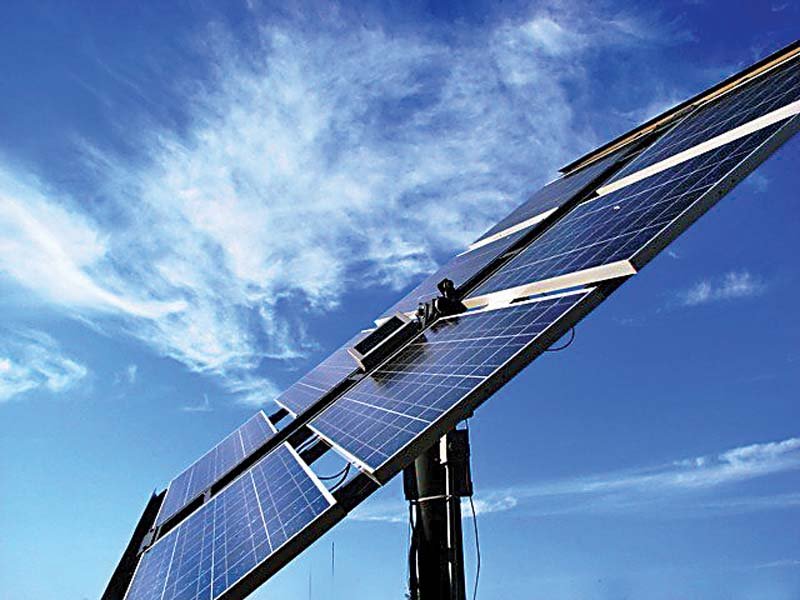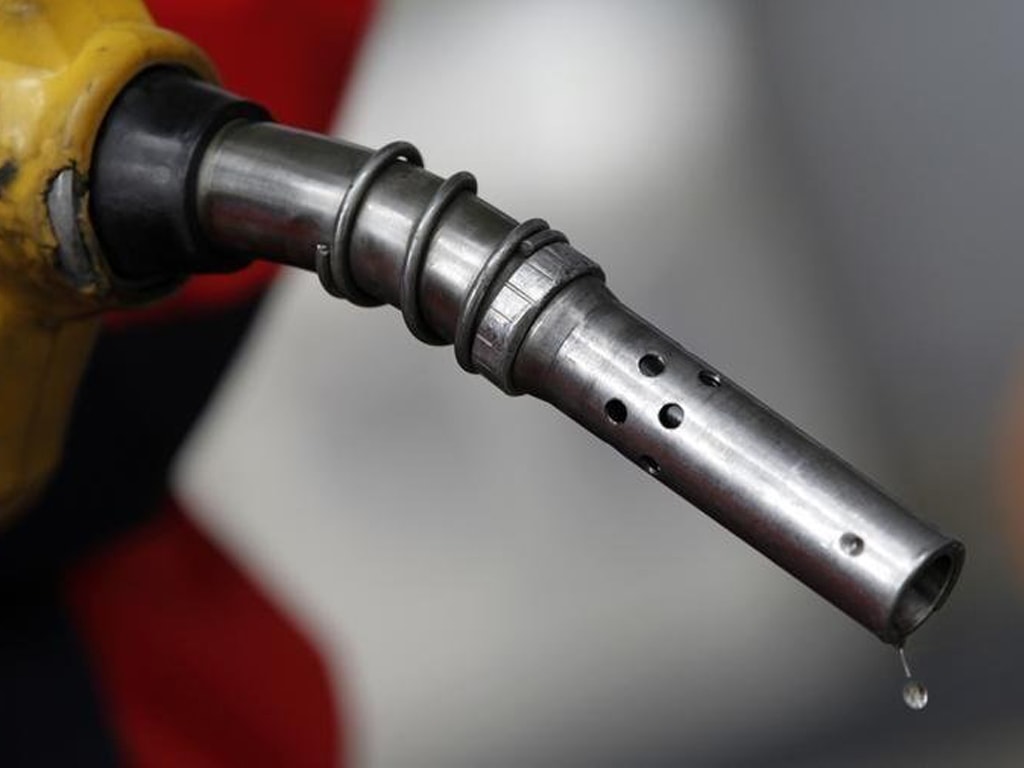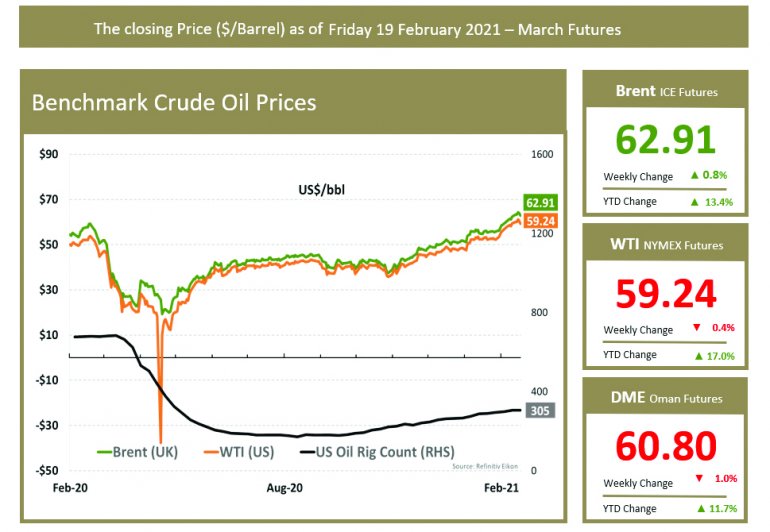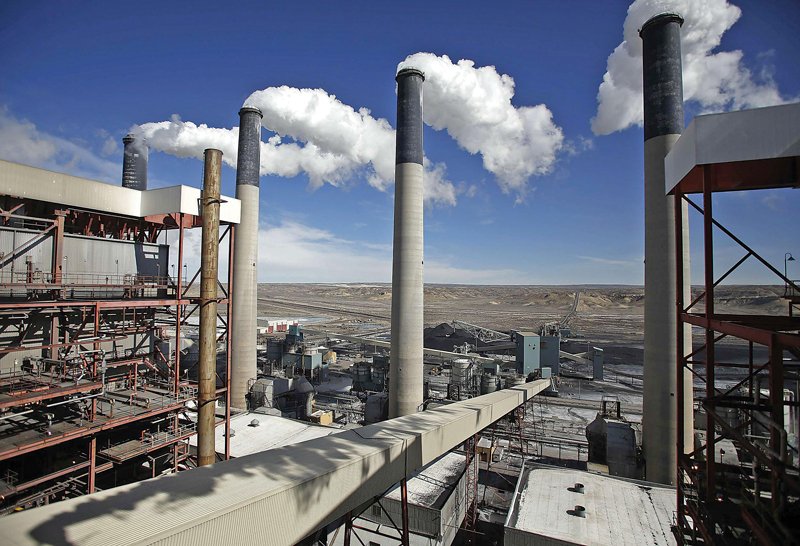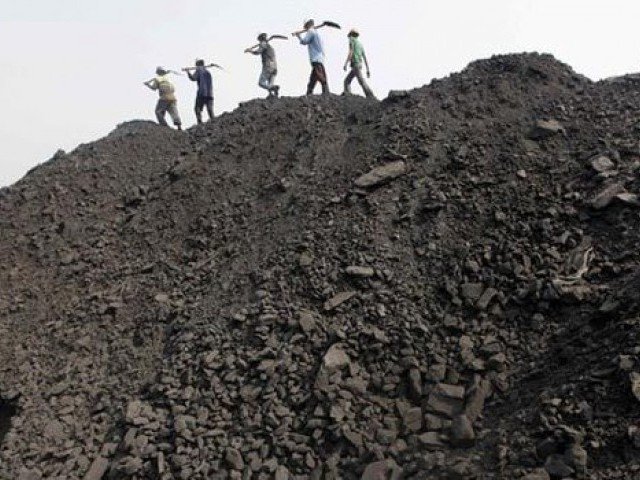ISLAMABAD: In an unexpected development, the PTI government, which itself earlier applauded the decision on wheeling charges Nepra took on January 11, 2021 to pave way for the country’s industrial sector to thrive with lower cost of electricity, has now emerged as a stumbling block in the way of the decision’s implementation. The Power Division, instead of notifying the decision…
Read MoreDay: February 22, 2021
NEPRA chairman emphasises green energy
Distributed generation through net-metering is one of the most effective tools to enable renewable power generation at the grass-root level and is one of the key focus areas of the National Electric Power Regulatory Authority (Nepra) for meeting increased electricity demands sustainably, said Nepra Chairman Tauseef Farooqi. Addressing the launch of a research report on ‘Barriers and Drivers of Solar…
Read MorePOL products’ prices
The federal government’s refusal to raise the price of POL products on the recommendation of the Oil and Gas Regulatory Authority (Ogra) for the period 15 to 28 February was made possible not through raising subsidies (which would have been opposed by multilaterals, including the International Monetary Fund, on the legitimate economic grounds that it would be an untargeted subsidy)…
Read MoreAsian LNG prices slip while US natural gas futures mark weekly gain
Doha: Oil prices fell for a second day on Friday, retreating further from recent highs, as Texas energy companies began preparations to restart oil and gas fields shuttered by freezing weather and power outages. Brent crude futures ended the session down $1.02, or 1.6 percent, at $62.91 a barrel, while US West Texas Intermediate (WTI) crude fell $1.28, or 2.1…
Read MoreGovt to reduce IPPs’ gas tariff by 35%
The federal government is all set to reduce gas tariff up to 35 per cent for the independent power producers (IPPs) operating on low quality gas in a bid to rank these plants in high merit order. This plan will result in putting burden on the consumers to cross-subsidize the gas for power plants and the rate of federal excise…
Read MoreEconomic Policy
Economic policy is four actions that governments take in the economic field: tax, government spending, interest rates and money supply. Our national debt is now growing at the rate of Rs18 billion a day. Our electricity sector now loses nearly Rs2 billion a day. Our State Owned Enterprises (SOEs) collectively end up losing Rs1.8 trillion a year. In the natural…
Read MoreIMF’s expanding shadow
After a prolonged suspension of close to 14 months in the International Monetary Fund’s (IMF) $6 billion extended fund facility (EFF) to Pakistan, a staff-level agreement to release the third tranche of $500 million was reached this week. The resumption in the facility comes after the PTI government, after having resisted at first, was forced to hike power tariffs, energy…
Read MoreCPEC projects bring more than electricity to Pakistan
CPEC projects not only bring electricity to us, but also train professionals, and contribute to the well-being of local people for Pakistan, said Muhammad Muneeb, a senior official of Sahiwal Coal-fired Power Station, who awarded the Outstanding Pakistani Employee of CPEC Project by the Chinese Embassy, according to a report published by Gwadar Pro on Saturday. The Sahiwal project, initiated…
Read MoreEnergy security: some suggestions
Energy security appears to be the biggest challenge confronting the country since long. The following paragraphs are an attempt at a quick health check of Pakistan’s energy supply chain and recommending the way forward. Despite all of our cash flow issues and heavy debt, we have somehow ended up with a highly lethal energy mix which compels us to spend…
Read MorePotential of coal gasification
With dwindling gas resources and lack of discovery of new oil and gas resources, energy dependence will increase unless dedicated efforts are made to discover new resources and increase the utilisation of existing resources. Pakistan has one of the largest lignite (brown coal) resources, which can be termed almost limitless (185 billion tons). Despite this, coal imports have been increasing…
Read More

